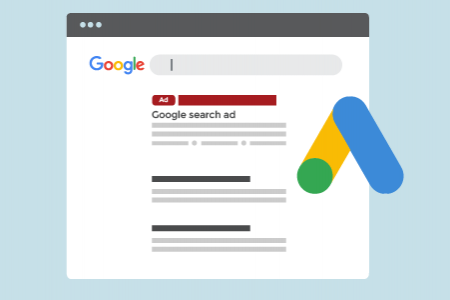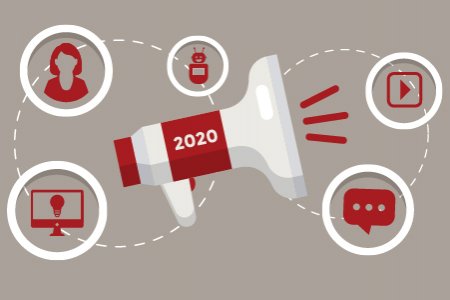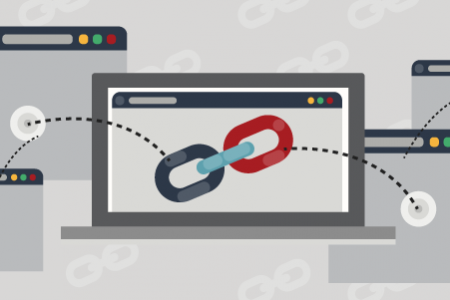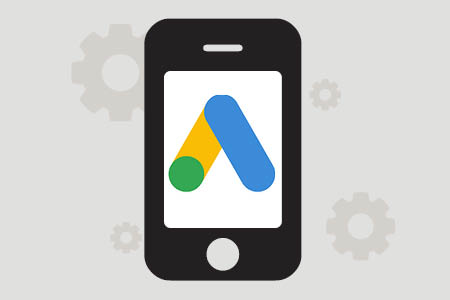We aim to respond to all messages within 1 business day. You'll be hearing from us soon!
In the meantime, perhaps you'd like to learn more...
Dear Computer: Is AI and Machine Learning Changing our Lives?
When some of us think of artificial intelligence (AI) and machine learning we conjure up images of the post-apocalyptic scenes in the Terminator movie series, and Honda’s seemingly useless soccer-playing humanoid robot named ASIMO. Most of us don’t realise we’re already using technology that incorporates AI in our everyday lives. Let’s crack the lid open on this much-talked about topic with a little AI 101.
What exactly is AI?
Simply put, AI is the study of how to make machines ‘intelligent’ or able to solve problems as well as humans can. Machine learning, equally as simply put, is the new method everyone’s exploring to better create the problem-solving solutions the AI ‘machines’ are using.
‘What does this mean in the real world?’, I hear you say. If you use Google Photos you may have noticed how the photo organising software seems to recognise the subject of your snaps, often asking you if you want to create a folder for said subject. This happens because Google have used machine learning to teach the software how to distinguish between different faces, and even pets. How did they do it? By feeding labelled pictures to the program, which eventually started to recognize pixels and patterns that indicated the star of each photo.
At its heart, the main advantage of AI is that we don’t need a programmer to manually code a computer program to give specific outcomes that correlate to specific inputs. Instead we can teach the computers to learn on their own, without a preordained set of rigid rules.
Where can we find AI in the real world?
Perhaps the most fortuitous sector to have benefited from AI and machine learning is healthcare. Machine learning has been used to teach robots how to analyse X-rays, tests, data entry and CT scans in radiology and cardiology departments, where the sheer volume of information to analyse is often too time consuming and overwhelming for a human to deal with, alone.
Physicians around the world also utilise AI systems to help them decide a customised treatment prognosis for clients. These systems analyse vast sources of data from external research and clinical expertise to the notes and reports within a patient’s file, to help suggest the best treatment plan.
AI is at the heart of gadgetry
Tech giants like Google, Facebook and Amazon all make money based on how widely they are used, so it’s no real surprise they are in an arms race to create the most user-friendly and immersive experiences.
Voice recognition-powered personal assistants are leading this charge. Google Assistant allows user to “get things done in the real world” with the help of voice commands, be that organising your schedule or checking the baggage limit on your next flight.
Amazon’s personal assistant effort is Alexa, which can do a plethora of tasks by accepting voice commands. When combined with Amazon Echo Spot (a smart speaker) it can transform your living room into a watered-down version of the USS Enterprise, allowing you to request your favourite song, order a pizza or an Uber, or ask the internet for wisdom to help settle an argument.
How Does AI help us create more effective marketing campaigns?
AI and machine learning algorithms are already at play in many of the digital marketing tools we currently use – Google AdWords, YouTube and Google Search. The AI at play in AdWords is what helps us achieve relevance at scale: the act of ensuring your most promising customers are receiving the most pertinent content and messages at the moment of greatest influence to maximise conversion rates. This means a more personalised browsing and shopping experience for customers, and a more intuitive digital marketing experience for companies and their digital marketers.
A few of the hottest AdWords avenues Google are using machine learning for include Smart Bidding, Ad Rotation and Life Event Targeting.
Following a Google search, Smart Bidding optimises AdWords bids based on ‘signals’ including physical location, device, demographics and time of day/day of week. A recent development in Smart Bidding is Maximize Conversions. It allows us to find the optimal CPA (cost per acquisition) for your campaign without the need to enter a manual maximum CPA bid. Using ‘auction time bidding’ this bid strategy automatically sets bids for every single auction, with the goal of generating the most conversions possible within the campaign’s daily click budget. Our initial tests with Google’s Smart Bidding strategies have been largely positive, with best results seen in campaigns with a high volume of daily conversion actions.
Ad Rotation sees AdWords use machine learning to optimise the rotation of your ads based on the users’ past behaviour. This helps ensure your potential customers are seeing the right ad at the right time in their journey.
Life Event Targeting is another interesting AI advance. It utilises machine learning to better understand the user’s purchase intent. It analyses browsing and search activity to target users approaching a major life event such as graduation, moving to a new home or getting married. This will be one to watch as Google adds more life events to target.
Better reporting thanks to machine learning
We recently talked about attribution modelling and how important it is to give conversion credit where conversion credit is due. Well, assisting AdWord’s data-driven attribution tool – Google Attribution – is a machine learning program which finds correlations between the myriad of unique paths a customer can follow en route to a conversion, and assigns weights to the importance of each of these many possible steps. That’s AI and machine learning in a nutshell. We don’t need to worry about Judgement Day coming any time soon because we humans are still the ones telling the machines what we want them to learn. However, self-driven cars are already on the road, and a brave new world of digital marketing is already upon us. If you’d like to learn more about machine learning, AI, and how to incorporate it in your campaigns, drop us a line.
Written by Mark Vassiliou
Mark is the Manager of Digital Marketing at Apex and has worked in the digital marketing industry since 2004. Prior to joining Apex he worked in a variety of traditional marketing roles in both the corporate and SME environment in NZ and abroad, but these days much prefers the tangible measurability and transparency of digital marketing.Related posts
AWESOME! LET'S GET STARTED
TELL US HOW WE CAN HELP
We aim to respond to all messages within 1 business day. You'll be hearing from us soon!
In the meantime, perhaps you'd like to learn more...






